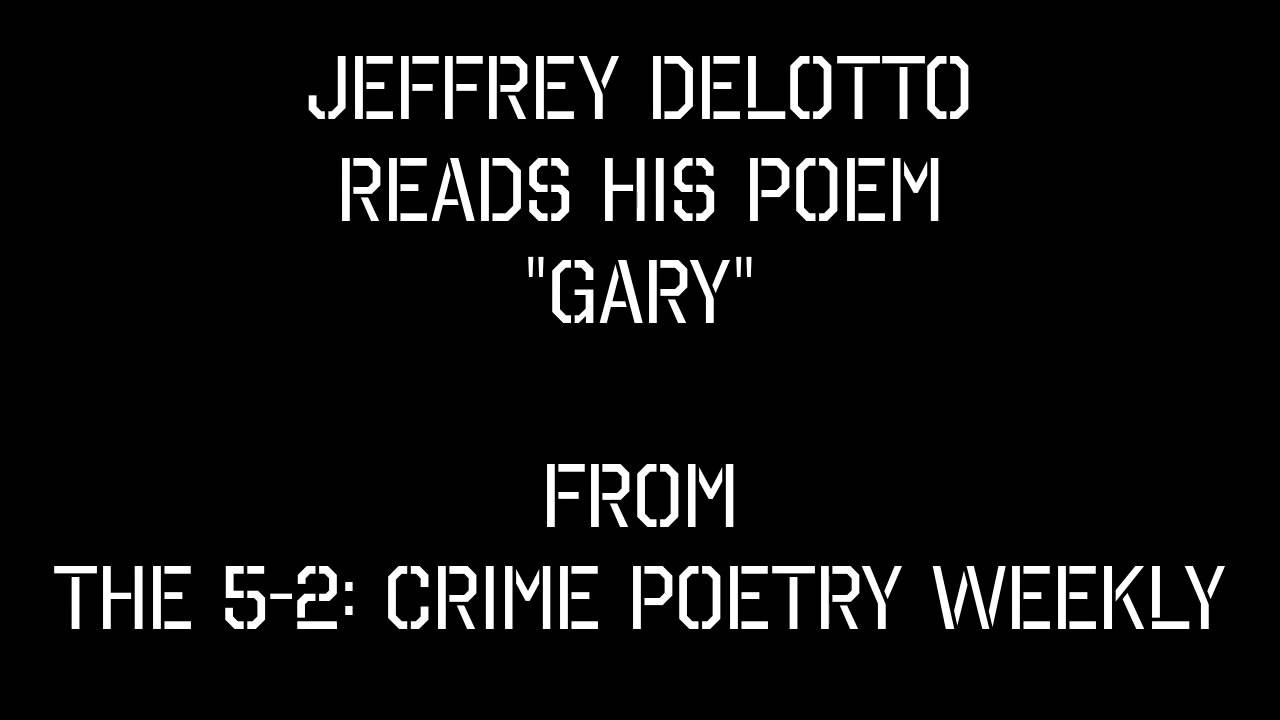
Literature is filled with authors who used pseudonyms in an effort to get their work published. Often, members of minority factions have changed their names in order to seem more like the supposed mainstream ethnicity. So one can easily imagine a situation where an author, fearing that their name will appear “too foreign” to publishers and editors, creates a fake name and pretends to be white. The inverse, however, seems significantly more insidious, that an author would feign being part of a minority to get published. Which brings us to Yi-Fen Chou.
Yi-Fen Chou is and was many things. Chou authored a poem called “The Bees, the Flowers, Jesus, Ancient Tigers, Poseidon, Adam and Eve,” which was accepted by the Prairie Schooner and by noted author Sherman Alexie, who published it in an anthology purporting to possess “The Best American Poetry” in 2015. Chou also authored other poems, which similarly to the one previously mentioned were all first submitted under the name Michael Derrick Hudson. Chou also does not exist. Hudson instead created the name as a way of publishing works that he could not get accepted honestly. I say honestly because, by the poet’s own admission, that was all the false name was used for; no larger statement, no meta-commentary on ethnicity and poetry, just selling work no one else would accept. Allegedly, it took a quarter of the unsuccessful submissions under Hudson’s name for Chou to get accepted, nine versus forty. And again, he did this to say nothing. It added nothing to the work, and existed solely for monetary reasons.
The overall response has been wildly mixed, especially in light of Alexie’s decision to keep the poem in his anthology (he admitted he was originally interested in why a Chinese-American poet would write a work obsessed with European culture, and figured a withdrawal would only be a sign of him trying to save face). On one end of the spectrum, the name and race of an author shouldn’t have any influence on whether or not the poem is any good. On the other end, where most people fall, is that the other end is dead wrong. Hudson was clearly relying on other factors besides the merit of his work to get the piece published, otherwise there would be no need for the subterfuge. Indeed, in light of previous authors who have done the same (“Yasusada’s” supposed autobiography of the Hiroshima attack particularly springs to mind), it is hard to see this as anything but a miserable attempt to profit off of another people’s oppression.
This isn’t quite a crime, but it has a level of slime about it which some crimes lack. Nothing prevents people from feigning ethnicity for career advancement, except perhaps, we feel, our consciences. The work itself becomes consumed by its creator’s misdeeds, to a point where it outstrips the effect real crimes by artists have on their work. People can listen to Elvis Costello without thinking of racial slurs, or Michael Jackson without thinking of that nightmarish affair. But here, the poem is infected. We cannot separate the deed from the product because the deed and the product are irrevocably intermingled. Just as Alexie read Hudson’s poem in the context of a Chinese American with a fixation on the Western culture that permeated the work, we now are forced to read Hudson’s poem in the context of his fraud. The poet and the poet’s work are not always easily divided; in many cases we must consider the sort of person who would create an art piece just as much as we must consider the piece itself. In that light, this fraud not only disgraces Hudson, it disgraces any works Hudson submits. Chou, in a strange, bitterly ironic way, eclipses the real poet.
Representation in the artistic field has been an issue all too often ignored; otherwise, we would have no need of the Guerrilla Girls and their ilk. Hudson’s actions only support this, and insult all the real Chinese American poets who find their work looked over on account of their race. Alexie admitted that he had been trying in his anthology to give priority to minority and female writers, whose works are not always given an audience. What this means was that, for all we know, another equally skilled writer was looked over and denied a chance. Hudson’s work, like all art does, says more than the author ever intended. This time, however, this is not to the piece’s, or the author’s, benefit.
Source: http://www.newyorker.com/books/page-turner/when-white-poets-pretend-to-be-asian







